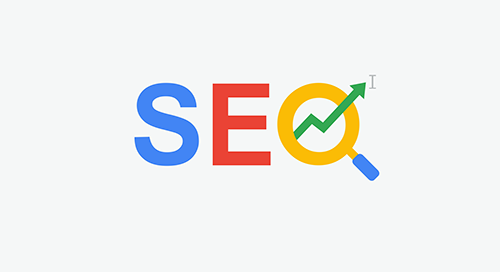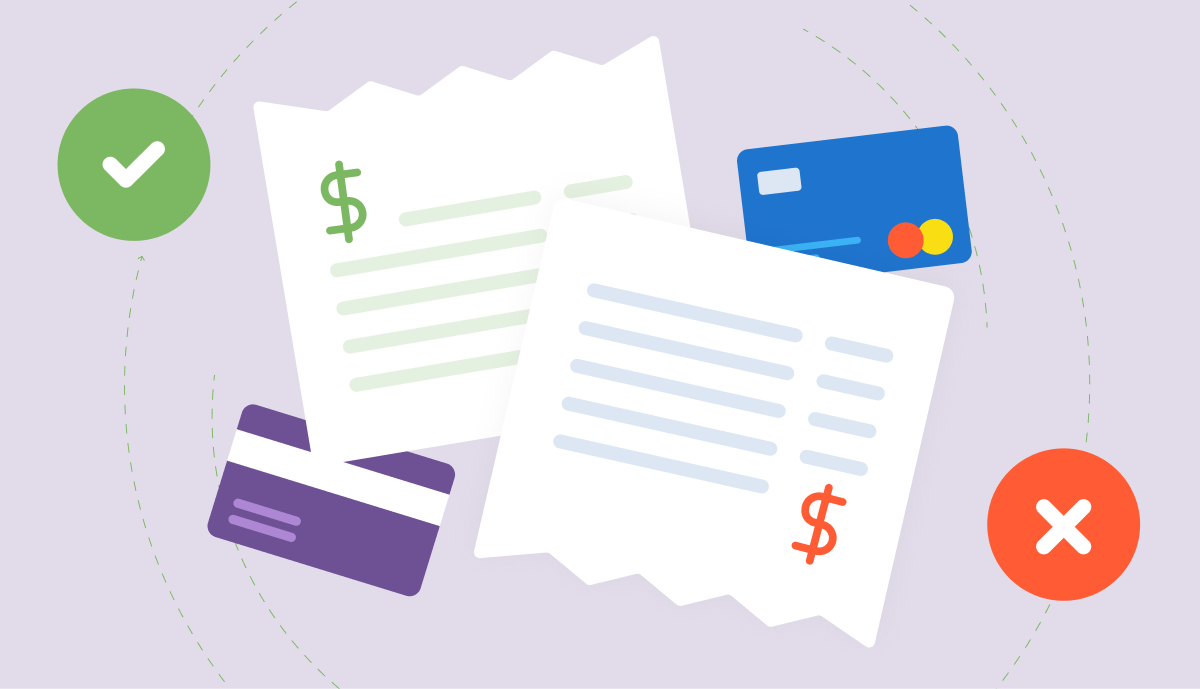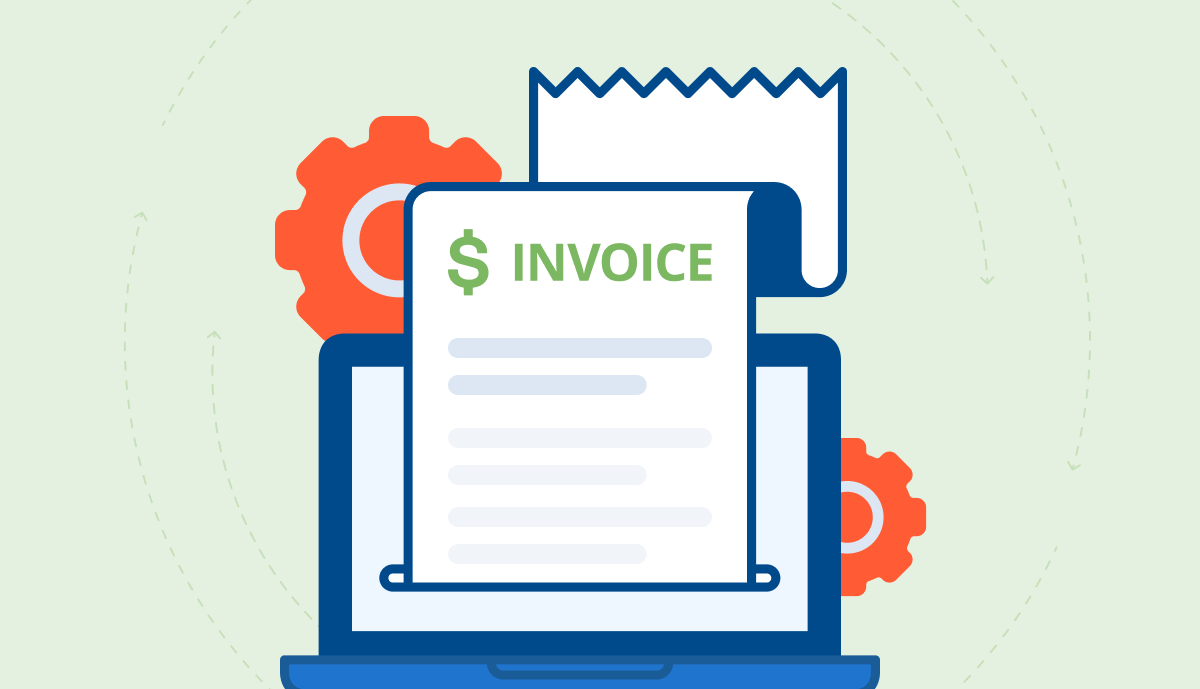Business is changing. The coronavirus outbreak has forced many professional-services firms, like yours, to consider cost-cutting measures for the future. As an alternative to expensive traffic from ads, look at whether your firm’s website could boost profits at a minimal cost, by using Google and Bing to attract potential clients to your site.
Think of your firm’s website as an opportunity to attract the clients your firm needs, to engage directly with future clients, and to boost your online reputation. That’s Search Engine Optimization, or SEO. Good SEO helps your website do well on Google and Bing. I’m lucky to do SEO for BigTime Software.
If you can afford to hire an SEO like me, then without question, you should. But in a bad economy, there’s a lot of SEO that you could do, yourself, if you have the time to learn SEO and to make it work for your firm’s situation.
This blog will help firms that need to immediately begin improving their SEO equity. Keep in mind that SEO can take awhile to work. Your firm won’t likely see results for weeks, but the changes you make today will help you, in the long run.
In short, SEO is a set of best practices to improve the content and usability of your website, so that Google and Bing users can find the information they need. If you follow SEO’s best practices, then you’ll get positive results, depending on the difficulty of what you want to do. But how can you know if you have good SEO?
It’s easy to tell. A good website has good SEO, but a bad website never has good SEO. A good website will always appear toward the top of Google’s results, while a bad website never appears at the top of the results unless there is no alternative. Be honest with yourself:
- Does your firm have a good website?
- No, really, does your website contribute everything possible to your firm’s successes?
- Does your website get the volume and the quality of traffic that your firm needs to prosper?
- Do your competitors have a better website than you?
A website with good SEO will always appear trustworthy, will provide informative written content, and will have a design that makes the site easy to use. Search engines like Google and Bing have made it known that they promote websites that help their users.
Take a look at the resources that your firm’s website already includes:
Expertise, Authority, and Trustworthiness
- Do you have a stand-alone webpage about your firm? Does it include all the detailed information that your potential clients will want?
- Does your site include biographical information about your firm’s stakeholders? Does your site make it clear, in writing, why site visitors should trust you?
- Has your firm published thought-leadership blogs to show that you know you’re a well-informed firm? Do your blogs include author information that shows why the writer is an expert?
Website Content
- What do people want to know when they come to your firm’s website? What could you publish on your site that would draw more of the kind of clients you want to attract?
- How could you change your current website’s content so that users are motivated to choose your firm over your competitors? What could you write that would convince them to choose you?
- Is there any important information that your site doesn’t include, yet? Should new information live on its own webpage, on a series of webpages, or on a short blog?
Site Navigation
- Can you access each of your website’s most important pages directly from your website’s header and footer? Does the body of your homepage include links to your site’s important pages?
- Does each webpage’s title describe exactly what the page is and what it does? Does the URL of each page clearly define the page’s contents and purpose?
- Can visitors of differing abilities easily use and navigate your website, without difficulty? Is it easy for all of your visitors to see and read each part of every page on your site?
Once your firm starts a conversation about your website’s SEO, you can make an honest assessment of if you have a good site, and you can start making changes. While you’re prioritizing your work, remember that SEO equity (in other words, its built-in value) lives in your site’s content, and will only get better when your content improves.
As you update your firm’s content, and as you reach more and more of the clients you want to attract, your SEO equity will increase. It might take weeks or even months, but SEO tends to reward hard work with measurable results.
That’s why businesses of every size trust SEO to reach the audiences they need: it’s a practical, controllable, and dependable method for boosting your firm’s business prospects. So if you want to do SEO, yourself, at a low cost, you should be ready to learn as you go, and patient as you await results from week to week.
That’s all you need to begin doing SEO to attract better traffic to your firm’s website. Just show that your firm knows what they’re doing, have good content that your visitors want, and make it easy for them to find the right info. Knowing that much about SEO, your firm can show that it’s ready to do business in an evolving global economy.
Have you seen our previous two blogs on DIY marketing for professional services firms? Check them out next for more marketing and PR tips.
7 Free DIY Marketing Tactics for Professional Services Firms
4 Steps to Building a Doable PR Strategy for Professional Services Firms




